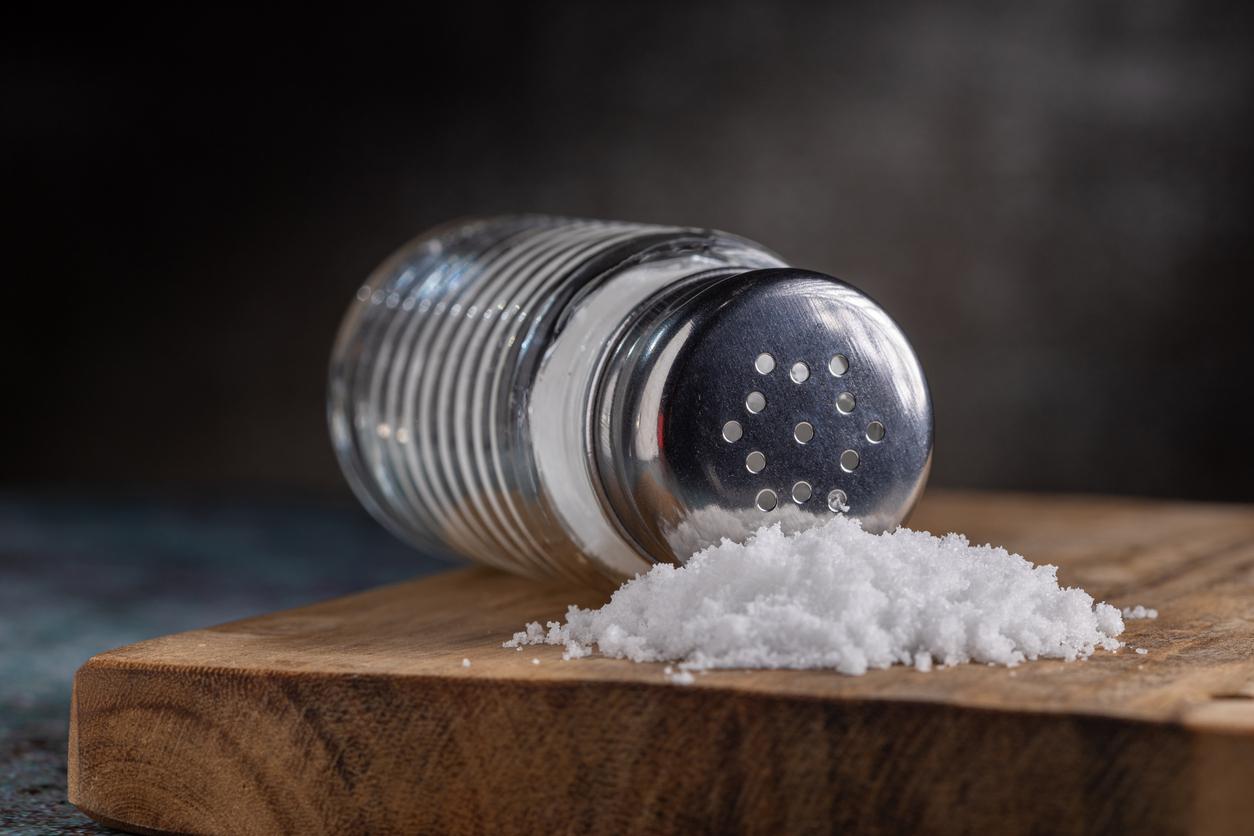One excess salt increases the risk ofarterial hypertension, risk factor for cardiovascular disease. New studies provide an additional reason to have a light hand on the salt shaker: salt may play a role in the development of autoimmune diseases. Type 1 diabetes, multiple sclerosis or rheumatoid arthritis are among these so-called autoimmune diseases because they result from a dysfunction of the immune system.
At the end of the new experiments carried out, it appeared that genetically modified mice subjected to a diet rich in salt were more numerous to suffer from multiple sclerosis than the mice fed normally.
Sick rodents saw the number of Th17 cells increase. These cells are involved in the formation of autoimmune diseases such as multiple sclerosis, psoriasis or rheumatoid arthritis.
The researchers also noticed an increase in the cells responsible for inflammation in people who went to fast food more than once a week. The industrial dishes served at fast food are not recommended by nutritionists because they are often too fatty but also too salty.
How to limit your salt intake
The WHO recommends not to exceed 2 g of sodium per day, or 5 g of salt. In France, we consume a lot more, with 10 grams per day for men and 8 grams for women.
To limit your daily salt intake, it is better to avoid overly industrial dishes such as those served in fast food restaurants. We prefer home-made, and at home we do not hesitate to replace traditional seasoning with aromatic herbs or spices, just as tasty.
>> Read also: 6 healthy tips to replace salt


















